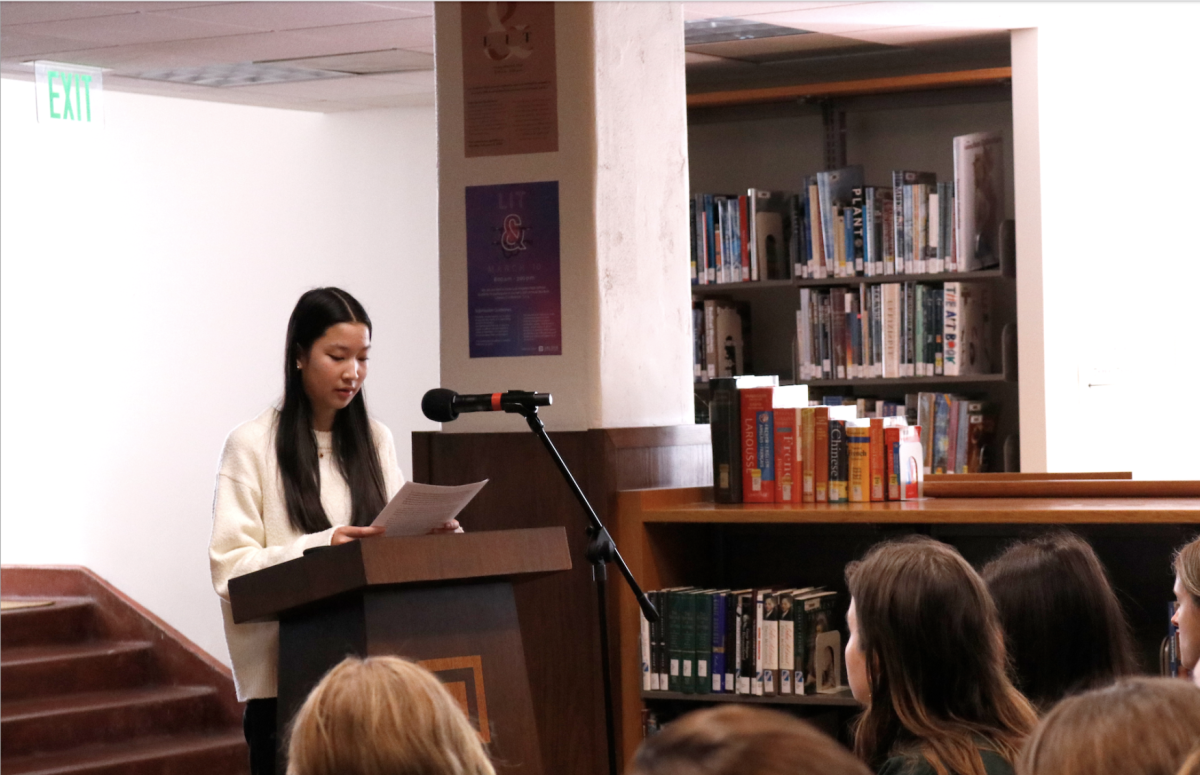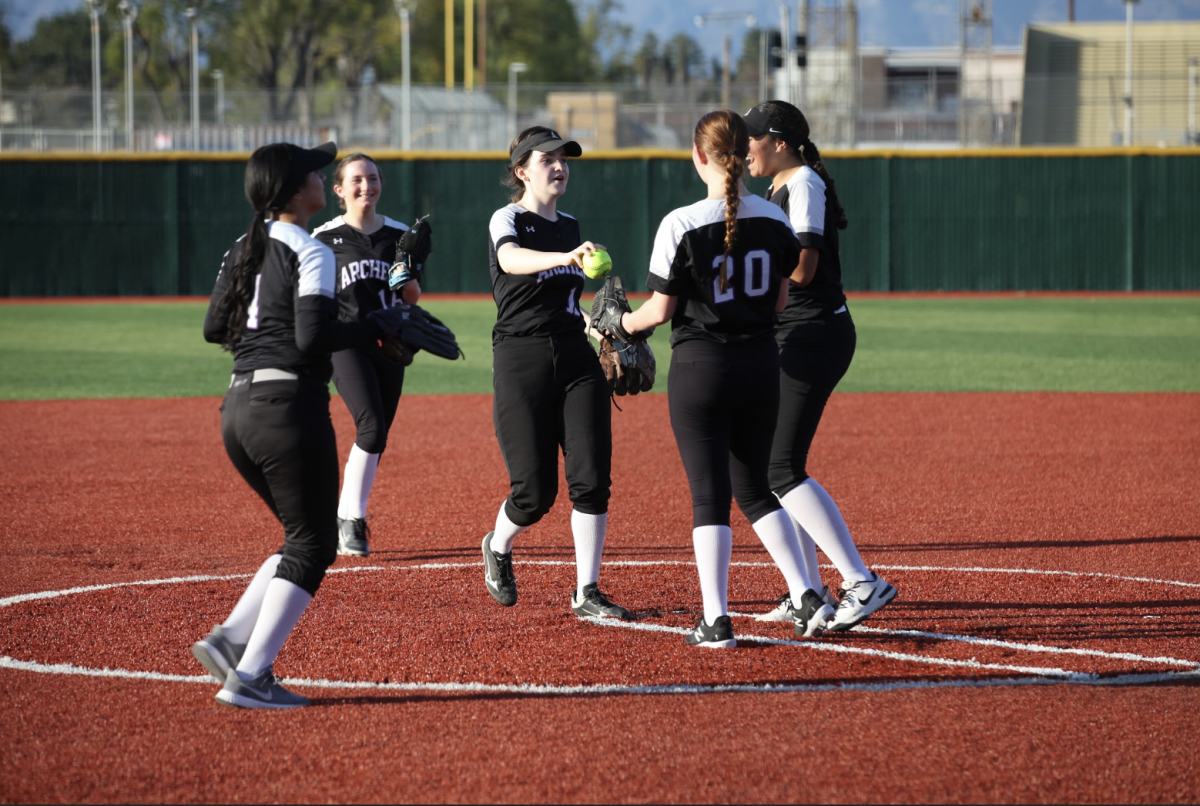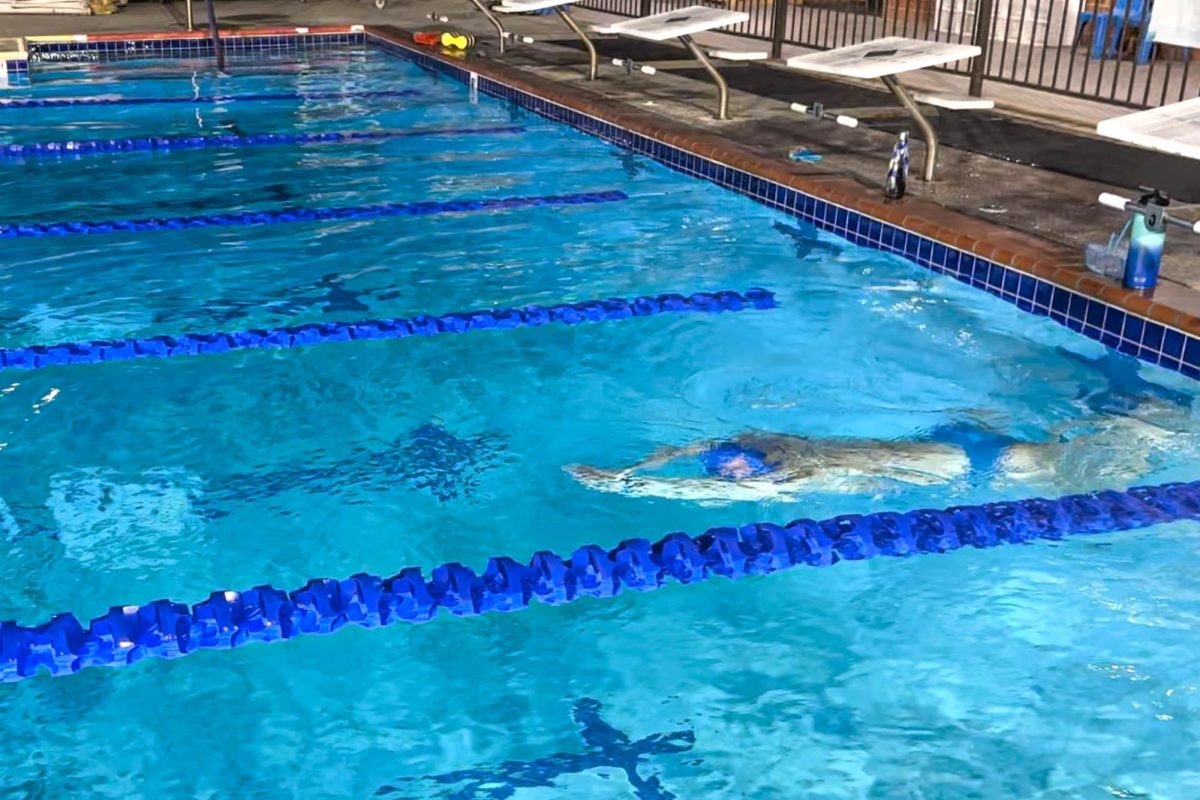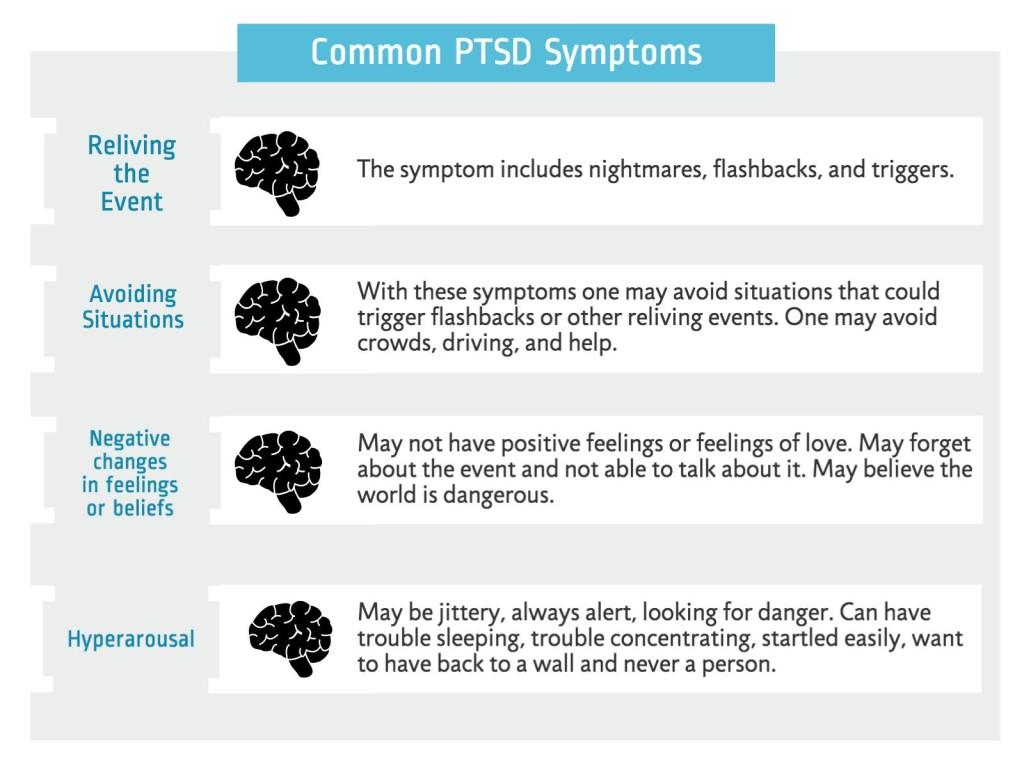Post Traumatic Stress Disorder has been around since the beginning of the human race. Research has shown that saber tooth tigers could have caused some of the first Post Traumatic Stress Disorder (PTSD) symptoms in humans thousands of years ago.
Now saber tooth tigers have been replaced with IEDs and semi-automatic weapons, but what both have in common is the power to trigger PTSD.
American veterans who have served in wars in the past 60 years are more likely to develop PTSD, according to a study done by the Nation Center for PTSD.
According to a 2013 survey by The U.S. Department of Housing and Urban Development, California has one of the highest rates of veteran homelessness at 68 percent.
The research surrounding Post Traumatic Stress Disorder is rapidly evolving.
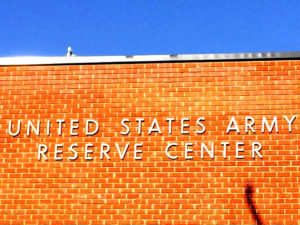
Today, one of the most common places to find PTSD is in the military. Research shows that about 10-18 percent of Operation Enduring Freedom (Afghanistan)/Operation Iraqi Freedom (OEF/OIF) troops are likely to have PTSD when they return home from combat.
“PTSD is a situation where someone has to have exposure to a life threatening or life injuring threat. Bombs and bullets going off around them. That threat is associated with a very very high sympathetic reaction,” Dr. Thomas Garrick, a psychiatrist at the V.A. in Los Angeles and father of Archer junior Sofia Garrick ’16, said. “Those two things go together.”
Many of the OEF/OIF service members are at risk of dying or injury; they have to be alert all the time. These factors can increase their chances of having PTSD.
“The prototypical problems in Iraq and Afghanistan were these road-side bombs which explode under the military vehicles which knock a person out,” Garrick said. “Those are not and cannot be PTSD. A person has to be conscious, has to remember the event vividly in order to have PTSD. If you don’t remember the event, at least from that event, you cannot have PTSD.”
PTSD affects service members, but it also affects their families. Families experience multiple stressors if one of their members returns home with PTSD.
According to the U.S. Department of Veterans Affairs website, families can go through a period of detachment and withdrawal before their family members leave for deployment.
Along with detachment, the service member’s families may experience many concerns, ranging from worry and panic to coping. This can cause riffs in families when the deployed family member returns.
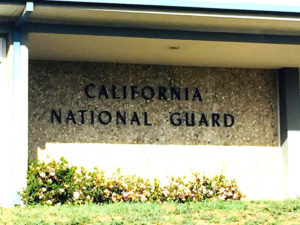
In a study done in 2002 by the Montgomery VA Medical Center in Jackson, Mississippi, 70 percent of couples with a partner with PTSD reported “relationship distress,” compared to the 30 percent of couples with no partners with PTSD.
Due to the high stress and interference PTSD causes in the lives of the service members and their families, it is a highly researched field. Researchers and doctors are searching for a cure, but so far there are only treatments.
“There are psychological treatments, and there are medical treatments,” Garrick said.
The most common medical treatments involve SSRI medications. SSRI stands for Selective Serotonin Reuptake Inhibitors. SSRIs are commonly used as anti-anxiety or antidepressant. According to the VA website, in PTSD patients, they often reduce anxiety or “hyperarousal.”
Another misfortune that is associated with veterans is homelessness.
According to an article in the New York Times, there are about 4,000 homeless veterans in Los Angeles. To deal with this growing problem, the city of LA plans to use a piece of land the around the “size of Central Park” out of their 387 acre lot to build dormitories and housing to “house every homeless veteran in the city.”
According to the article, Mark Rosenbaum, the director of the civil rights group Public Counsel Opportunity Under Law project, and one of the lawyers representing the veterans in their three-year lawsuit, said “he expected the project would serve as a template for other cities with large homeless veteran populations.”
According to the article, the V.A. will be “spending $50 million to eliminate homelessness” for veterans in Los Angeles. As well as housing, the V.A. will also continue to work toward making advancements in the field of PTSD.




![Freshman Milan Earl and sophomore Lucy Kaplan sit with their grandparents at Archer’s annual Grandparents and Special Friends Day Friday, March 15. The event took place over three 75-minute sessions. “[I hope my grandparents] gain an understanding about what I do, Kaplan said, because I know they ask a lot of questions and can sort of see what I do in school and what the experience is like to be here.](https://archeroracle.org/wp-content/uploads/2024/03/grandparents-day-option-2-1200x800.jpg)
